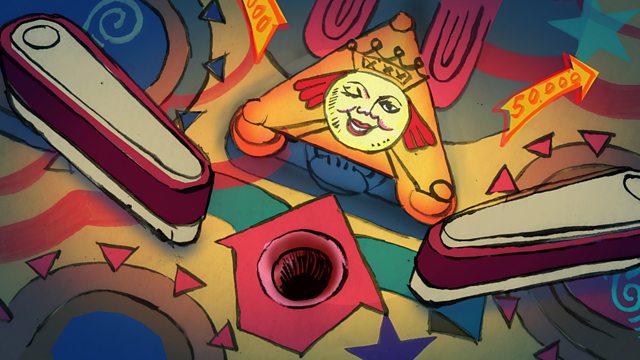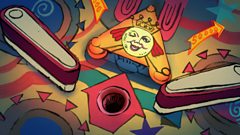We all cheat, some of us in family games of monopoly others on their taxes. Aleks asks if the digital era has made that easier, with less consequence and therefore more tempting?
We all cheat at least a little bit, some of us in family games of monopoly, others on their taxes. Aleks asks if the digital era has made that easier; with less apparent consequence and therefore more tempting? If that's the case where does that lead us.
Why, for example, would people hack the language learning app Duolingo to achieve an entirely meaningless high score, just to beat those of their fellow learners? And if you use the fitness app Strava to compete with others who cycle the same route, what possesses you to use an electric bike next time, or even do it in your car? One of the key factors that encourage us to cheat is psychological distance - we can't see the impact of our cheating so it becomes more tempting. That's the digital world.
More charitably, another influence on our cheating is if we're already exhausted physically, psychologically or emotionally. Is that what might explain the rise in academic cheating that experts have detected during the course of the pandemic, when so much education and assessment has moved online?
Aleks explores all these examples along with the justifications people engage not own up to their behaviour.
Producer: Peter McManus
Last on
Clip
-
![]()
The Cheaters High
Duration: 01:13
Adam Ruben

Adam Ruben is a writer, comedian, and molecular biologist.聽 He has appeared on Netflix, the Science Channel, the Food Network, the Travel Channel, the Weather Channel, and Discovery; he currently hosts the Science Channel's "What on Earth?" and "Ancient Mysteries Decoded" and is a writer for the Emmy-nominated PBS Kids series "Elinor Wonders Why." Adam is the author of two books: Surviving Your Stupid, Stupid Decision to Go to Grad School听补苍诲 Pinball Wizards: Jackpots, Drains, and the Cult of the Silver Ball.聽 Learn more at .
Celia Moore

Celia Moore is Professor of Organisational Behaviour and Director of the Centre for Responsible Leadership at Imperial College Business School. Prior to joining Imperial, she held faculty positions at Bocconi University in Milan and London Business School, and was a visiting scholar at Harvard Business School. Her research and teaching sits at the intersection of leadership and ethics; she is particularly interested in supporting individuals to enact their moral agency responsibly. To that end, she has worked with several organizations on how to support more ethical behavior at work, including the Financial Conduct Authority (UK), the National Health Service (UK), the Brookings Institute (Washington, DC), and the Financial Services Culture Board (UK), as well as several major financial institutions. Her work has been featured in the Financial Times, Wall Street Journal, Forbes, and Fast Company, as well as on NPR, the CBC, and the 麻豆社.
Thomas Lancaster

Dr Thomas Lancaster is a Senior Teaching Fellow in Computing at Imperial College London. He has researched academic cheating since 2000, most notably highlighting the rise in student use of essay mills and other contract cheating services. Thomas is a proponent of working with students as partners in the international movement towards academic integrity.
Mat Ombler

Mat Ombler is a freelance copywriter and journalist. His work explores the intersection of video games and music, as well as the impact of video games on modern culture, and has been published in outlets such as The Guardian, Vice, Polygon and GamesIndustry.Biz.
Broadcasts
- Mon 11 Oct 2021 16:30麻豆社 Radio 4
- Thu 4 Aug 2022 20:30麻豆社 Radio 4
Podcast
-
![]()
The Digital Human
Aleks Krotoski explores the digital world



